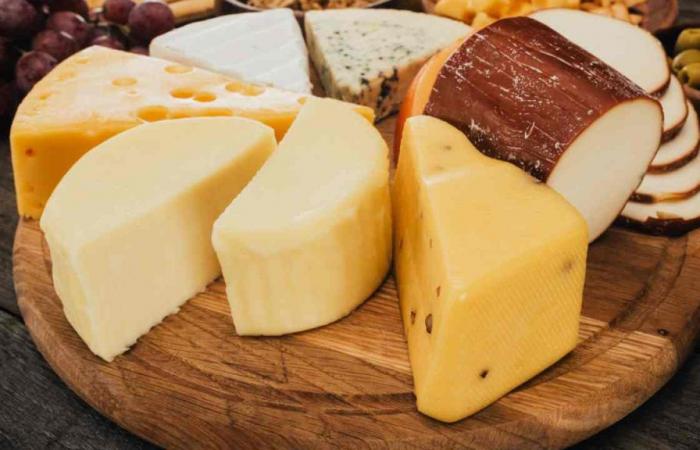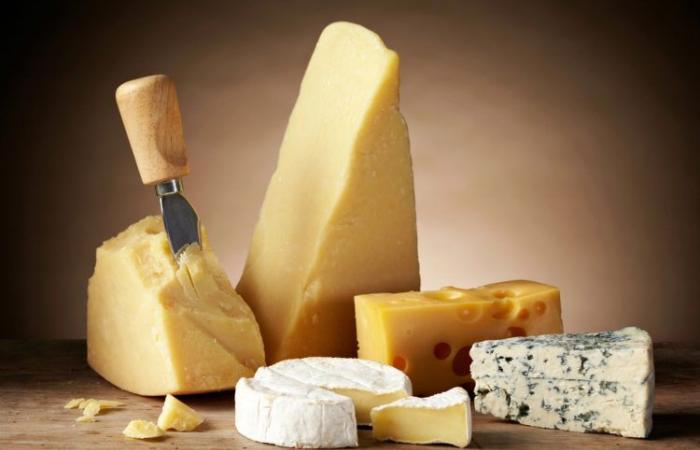Cheese, an indispensable pleasure for many Italians
The cheese it is one of the most loved and consumed foods in Italy, a true symbol of our culinary tradition. It finds space in numerous preparations: grated on pasta to enhance the flavor of first courses, used as hunger breaker during the day, or as an essential element of a rich person aperitif. Its numerous varieties, from fresh to seasoned, make it an ingredient appreciated in all regions of our country.
Cheese is a precious source of essential nutrients for our body. It is rich in proteins of high quality, necessary for the construction and maintenance of body tissues. It also provides a good amount of soccerfundamental for bone and tooth healthand of vitamins such as A and B12. Cheese also contains phosphoruswhich works in synergy with calcium to strengthen the skeleton, and fatswhich although often feared, are needed in moderate quantities for the correct functioning of the body.
Despite its nutritional properties, the consumption of cheese must be carefully monitored. We often don’t realize the amount of cheese we ingest every day, since we consume it in different forms, such as a little parmesan on pasta, a slice of pecorino as a snack, a cube of gorgonzola during an aperitif, and so on. This habit can lead to a excessive consumption without us realizing it.
How many times a week is it recommended to eat cheese?
According to nutritionists, cheese should be consumed no more than twice a week. The recommended amount varies depending on the type of cheese. In fact, for fresh cheeses, the ideal portion is approx 100 gramswhile for mature cheeses it is recommended not to exceed 50 grams per portion. Excessive consumption of cheese can lead to increased intake of saturated fats, salt And caseins.
Saturated fats, present in large quantities in cheese, can contribute to the increase in LDL cholesterolknown as bad cholesterol, increasing the risk of cardiovascular diseases. Salt, often abundant in mature cheeses, can lead to hypertension And kidney problems. Caseins, the main milk proteins, if taken in excess, can cause digestive problems and, in some people, allergic reactions or intolerances.
Alternatives for taking calcium
To ensure an adequate intake of calcium without exceeding the consumption of cheese, it is possible to include other foods rich in this mineral in the diet. THE legumessuch as beans and lentils, are a good source of calcium, as is the dried fruitespecially almonds and walnuts.
Even some vegetables, such as arugula, broccoli and spinach, contain significant amounts of calcium. These foods not only offer nutritional benefits, but also contribute to a balanced and varied diet.







